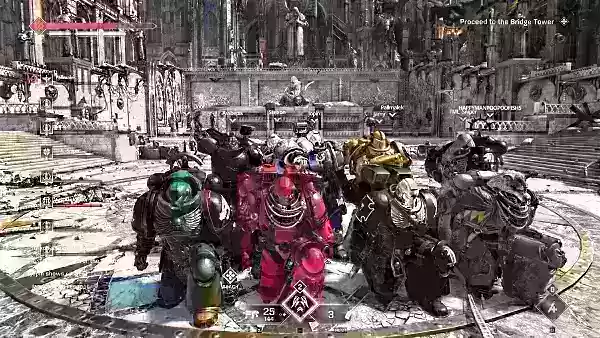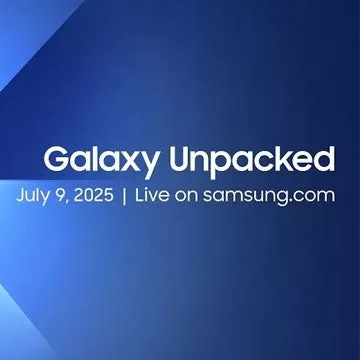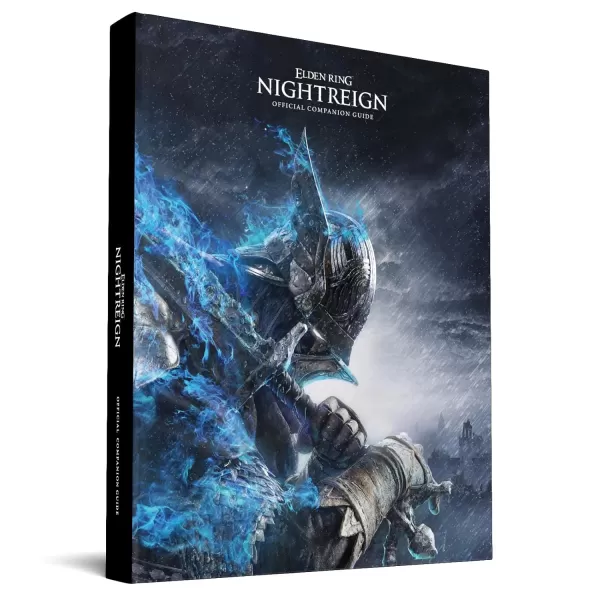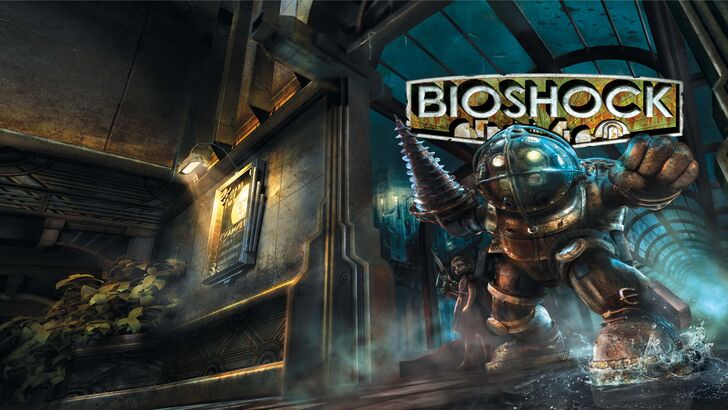
Netflix's eagerly awaited film adaptation of the iconic video game, Bioshock, is undergoing significant changes. Discover more about the movie's reduced budget and Netflix's new film strategy.
Netflix's Bioshock Movie Adaptation Undergoes Major Changes
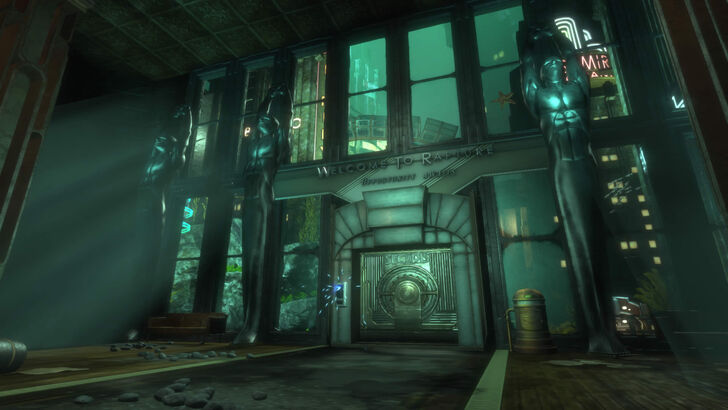
Netflix's highly anticipated adaptation of the iconic video game, Bioshock, is experiencing a major transformation. During a panel at San Diego Comic-Con, producer Roy Lee, renowned for his work on "The Lego Movie," announced that the project is being "reconfigured" to become a "more personal" film with a reduced budget.
Although the exact details of the budget adjustments remain undisclosed, this decision to scale down financial resources may raise concerns among fans who were anticipating a visually stunning and lavish interpretation of the Bioshock universe.
Originally released in 2007, Bioshock immerses players in the steam-punk, underwater city of Rapture—a utopia free from government and religious influences. However, the city spirals into chaos and violence due to unchecked power and genetic manipulation.
Bioshock is celebrated for its intricate narratives, deep philosophical themes, and player choices that affect the game's ending. It became a landmark title, spawning sequels like Bioshock 2 in 2010 and Bioshock: Infinite in 2013.
When the Bioshock movie was first announced in February 2022, it was set to continue this legacy through a collaboration between Netflix, 2K, and Take-Two Interactive, the latter two being the publishers and developers of the Bioshock franchise.
Bioshock Film Heads Toward a 'Modest' Approach
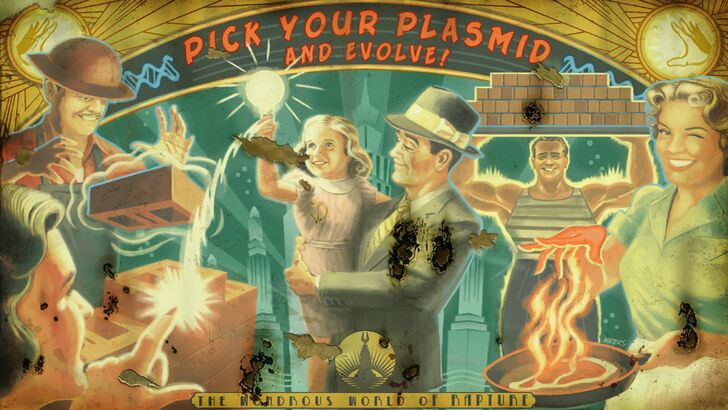
Since its announcement in 2022, Netflix's film strategy has shifted under the leadership of new Film Head Dan Lin, who replaced Scott Stuber. Lin's focus is on a more modest approach, contrasting with Stuber's more expansive vision. The goal is to preserve the core elements that define Bioshock, such as its rich narrative and dystopian atmosphere, while crafting a story on a smaller scale.
"The new regime has lowered the budgets," explained producer Roy Lee. "So we're doing a much smaller version. It's going to be a more personal point of view, as opposed to a grander, big project."
Lee discussed these changes during the Producers on Producers panel at Comic-Con, noting that Netflix has also revised its compensation strategy. Bonuses are now tied to viewership numbers rather than upfront buyouts of prospective backend profits. "They’re changing it to be a metric similar to box office bonuses," he said. "It’s a chart: It’s this amount of viewers, you get this amount of compensation in terms of increased back end. It motivates the producers to actually do a movie that gets a bigger audience."
This new model is beneficial for fans as it encourages a stronger focus on audience engagement and satisfaction. When compensation is linked to viewership, producers are more incentivized to create content that resonates with a broader audience.
Hunger Games Director Tasked with Reconfiguration
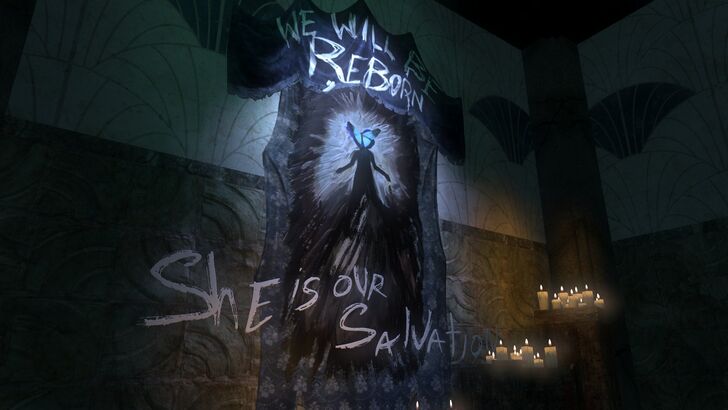
The core creative team, including Director Francis Lawrence, remains committed to the project. Lawrence, known for his work on "I Am Legend" and the "Hunger Games" series, has been tasked with reconfiguring the movie to align with the new vision.
As the Bioshock film adaptation evolves, fans will closely watch how the filmmakers balance staying true to the iconic elements and story of Bioshock while crafting a "more personal" cinematic experience.


